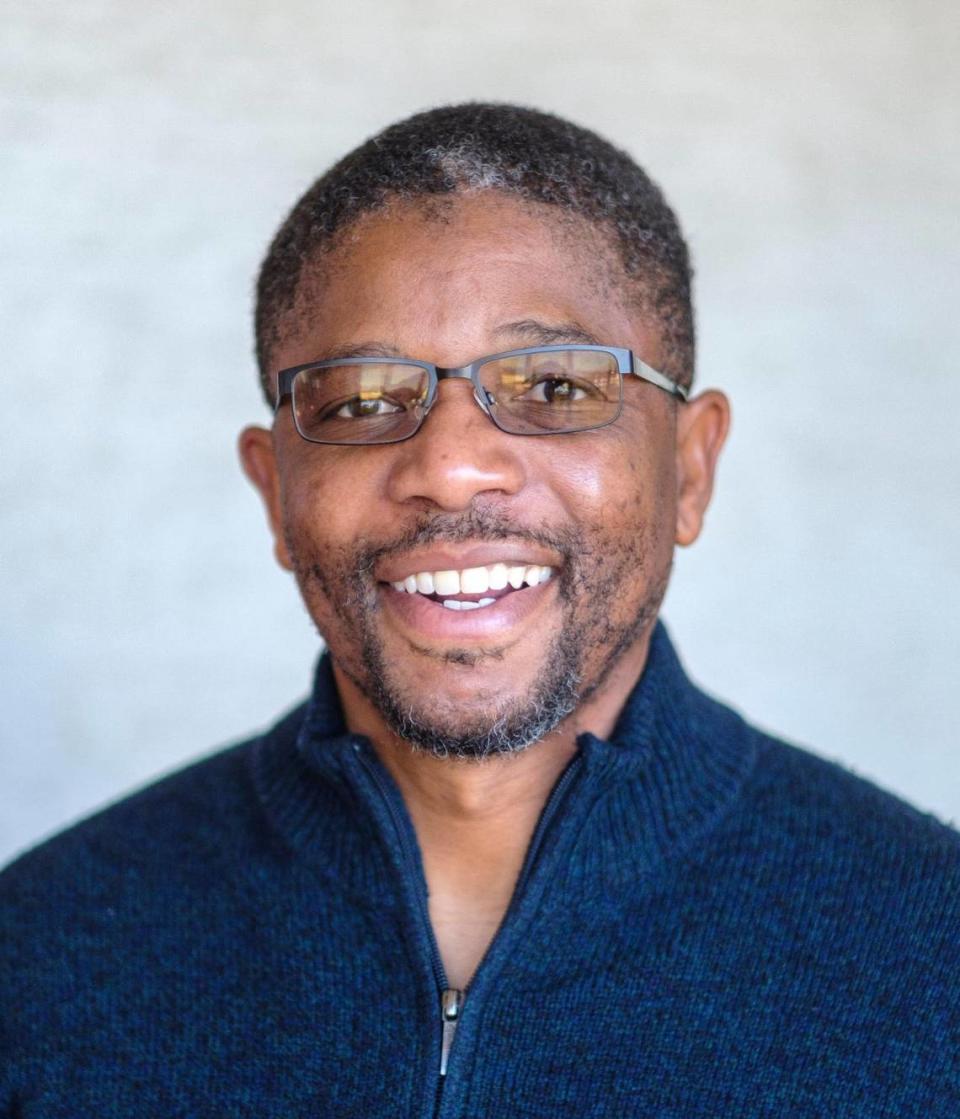Donald Trump got booked like the rest of us would. The similarities stop there | Opinion
When I was a kid, my oldest brother wrote to me from prison about having to stuff towels under the cell door to keep rats out.
As an adult, I visited a South Carolina prison with then-Coastal Carolina University Head Coach Joe Moglia and the football team and saw posters about a program designed to curb sexual assault. That was not long after an inmate sent me a crude photo taken by a contraband cell phone of the immediate aftermath of a stabbing that left a man dead in his cell. A horrified friend, a fellow inmate, was crouched over him wearing a blood soaked-South Carolina Department of Corrections jumpsuit.

I’ll never forget the day our family got word of an ongoing prison riot in 2018 that turned into one of the deadliest in modern U.S. history. As the hours ticked by, we did not know if one of my brothers was among the seven prisoners killed or the dozens severely injured inside Lee Correctional Institution.
There is a two-tiered justice system, just as Donald Trump’s defenders have been proclaiming. It’s just that Trump has always benefited from the tier in which prosecutors are slow to advance cases, the public is primed to cry “politics” if their favorite politician is charged, and where rich defendants have an arsenal of well-paid lawyers at their disposal.
Trump never had cops mistakenly break into his home, guns pointed at his face, the way Yolanda Irving and her children did in Raleigh in 2020. The police were looking for drugs and guns but raided the wrong house. And Julian Betton of Myrtle Beach remains paralyzed for life after cops broke into his apartment without notice, shot him and lied about the shooting.
Trump knows nothing of that tier, where such horrors are commonplace. That’s true even if Trump and his 18 co-defendants in the Georgia voting fraud case were ordered to surrender at a jail where an inmate was found dead and covered in bed bugs and lice, a jail so bad the sheriff referred to it as a “humanitarian crisis” because of overcrowding, rampant violence and spotty air conditioning.
“What you’ll see in these wheelbarrows are shanks. Right now, they total over 1,100 shanks,” Fulton County Sheriff Patrick Labat told the Washington Post. “These are pieces of the building that have been ripped apart, fashioned into knives, fashioned into deadly weapons.”
Trump won’t be subject to shank-wielding inmates. He won’t stay long enough to break a sweat, unlike prisoners subject to the full force of the summer heat — up to 110 degrees indoors.
He’s rich. He’s white. He has power and influence. He might pose for a mugshot, but there’s little chance he’ll spend any time inside the worst parts of that jail. Despite his ability to take a trip around the world at the drop of a hat, the judge is unlikely to consider him a flight risk and deny him bail.
He will be treated as innocent until a jury decides beyond a reasonable doubt he’s guilty, a luxury — not a right — in the wrong tier of the system.
His freedom before trial means he’ll face no pressure to plead guilty the way poor defendants do every day with the false hope of getting back to their families sooner, desperate not to lose the low-wage jobs they rely on to make ends meet, realizing too late that a guilty plea will make them poorer and less employable, pushing them further to the margins of society even if they are innocent.
Trump and others like him get to design and redesign the system. That’s how they remain in the tier of the system with constitutional protections that are supposed to be available to every American but often are only fully guaranteed for the elite.
Trump’s tier means he can become president even if found guilty because of the support of Americans who champion laws that strip voting rights from those convicted by the other tier of the system.
There is a two-tiered system. But it won’t be dismantled and become fair and humane until men like Trump find themselves having to stuff towels under their cell doors to keep the rats out the way my brother did.
Issac Bailey is a member of the McClatchy Opinion team in North and South Carolina.


